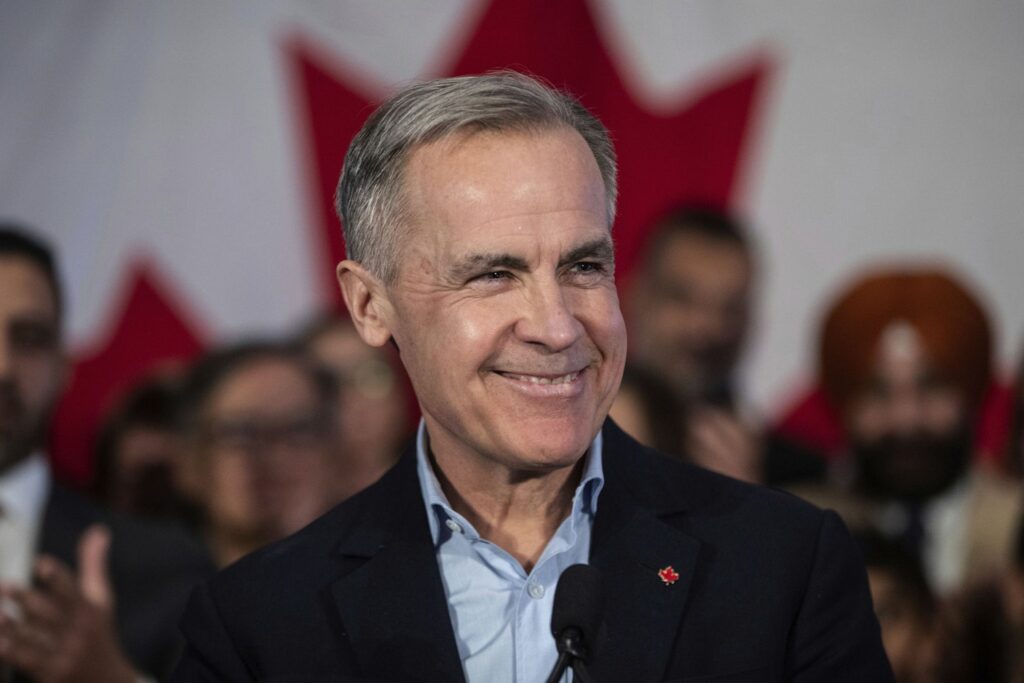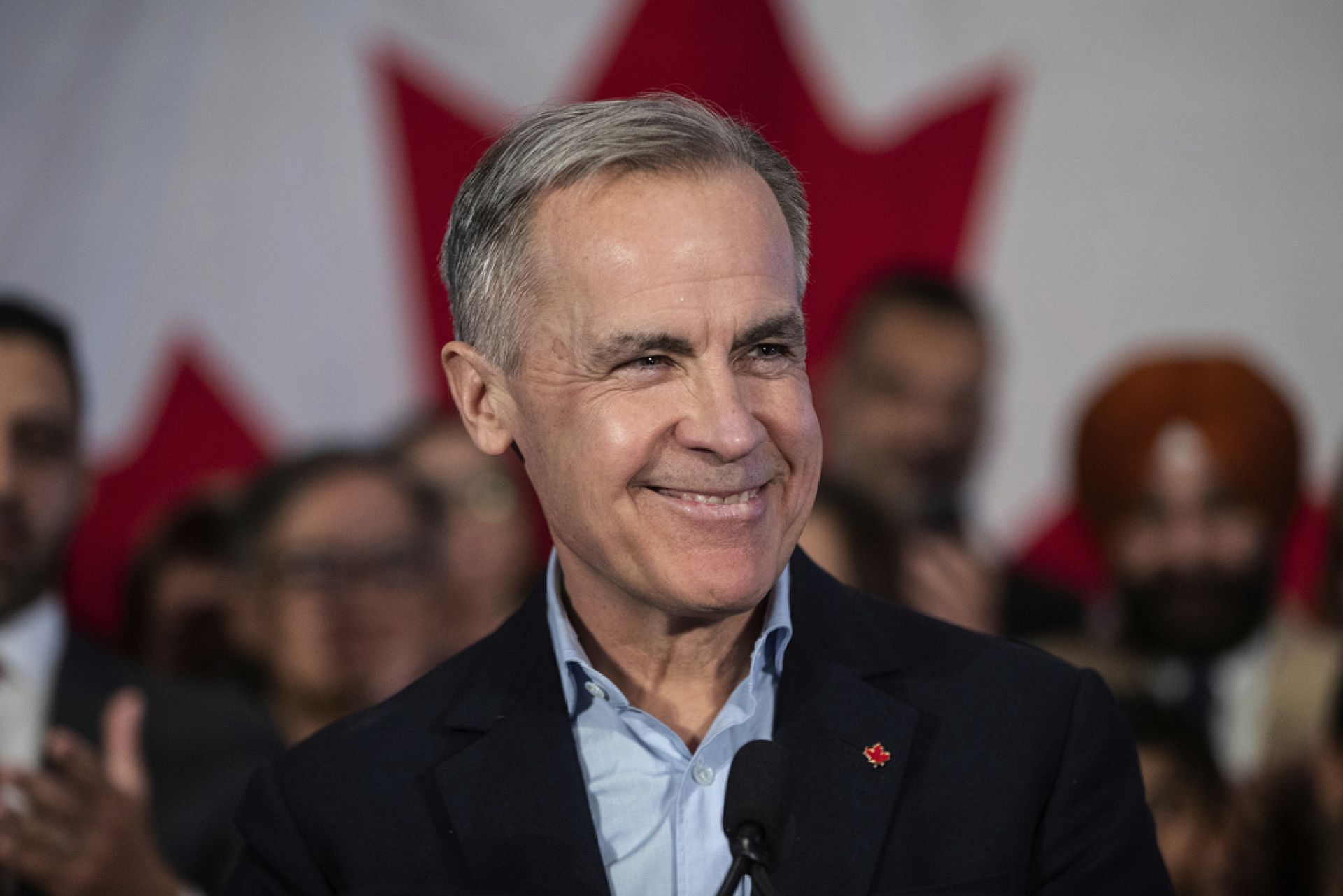
Decoding Economic Wisdom: Exploring the Matk Carney Quote “I’m an Economist”
The phrase “I’m an economist” carries significant weight, particularly when uttered by someone of Mark Carney’s stature. But what does it truly mean, and how should we interpret this declaration within the complex world of economics? This article delves into the nuances of this powerful statement, exploring its implications, the responsibilities it entails, and the perspectives it offers. We will examine the expertise required to legitimately claim the title of economist and analyze how this expertise shapes decision-making in both the public and private sectors. Whether you’re an aspiring economist, a seasoned professional, or simply curious about the field, this comprehensive guide will provide valuable insights.
The Weight of the Words: Deconstructing “I’m an Economist”
When Mark Carney, or any economist, declares “I’m an economist,” it’s more than a simple job title. It’s a declaration of expertise, a commitment to a particular way of thinking, and an acknowledgment of the responsibilities that come with shaping economic policy and understanding market dynamics. Let’s break down the key elements embedded within this statement.
Expertise and Education
At its core, the claim “I’m an economist” implies a deep understanding of economic principles, theories, and models. This typically stems from rigorous academic training, often involving advanced degrees in economics, econometrics, or related fields. Economists are expected to be proficient in quantitative analysis, statistical modeling, and critical thinking. They must be able to interpret economic data, identify trends, and formulate evidence-based recommendations.
Analytical Frameworks and Methodologies
Economists employ a diverse range of analytical frameworks and methodologies to understand and predict economic phenomena. These include:
- Microeconomics: Focusing on individual behavior, market structures, and resource allocation.
- Macroeconomics: Examining the economy as a whole, including factors such as inflation, unemployment, and economic growth.
- Econometrics: Applying statistical techniques to analyze economic data and test hypotheses.
- Game Theory: Modeling strategic interactions between economic agents.
These frameworks provide economists with the tools to analyze complex economic issues and develop informed policy recommendations.
Ethical Considerations and Responsibilities
The declaration “I’m an economist” also carries significant ethical responsibilities. Economists often advise policymakers, businesses, and individuals on decisions that have far-reaching consequences. Therefore, it’s crucial for economists to act with integrity, objectivity, and a commitment to the public good. They must be aware of the potential biases in their analysis and strive to provide unbiased and transparent advice.
Mark Carney: An Economist in Action
Mark Carney’s career exemplifies the role and impact of an economist in the real world. His tenure as Governor of the Bank of Canada and later as Governor of the Bank of England showcases how economic expertise can be applied to navigate complex economic challenges and shape monetary policy. Let’s examine some key aspects of his career.
Navigating the Global Financial Crisis
During the global financial crisis of 2008-2009, Mark Carney played a crucial role in stabilizing the Canadian financial system. As Governor of the Bank of Canada, he implemented unconventional monetary policies, such as quantitative easing, to provide liquidity to financial markets and stimulate economic activity. His proactive approach helped Canada weather the crisis better than many other developed economies.
Leading Monetary Policy at the Bank of England
As Governor of the Bank of England, Carney faced the challenge of navigating the economic uncertainty surrounding Brexit. He implemented a series of measures to support the British economy, including interest rate cuts and asset purchases. He also emphasized the importance of international cooperation and the need for a coordinated global response to economic challenges.
Championing Sustainable Finance
More recently, Mark Carney has become a prominent advocate for sustainable finance. He argues that climate change poses a significant threat to the global economy and that financial institutions have a crucial role to play in mitigating these risks. He has called for greater transparency in climate-related financial disclosures and has urged investors to allocate capital to sustainable investments.
The Role of Economic Advisors: Guiding Decisions with Expertise
Economists play a vital role in advising governments, businesses, and individuals on a wide range of economic issues. Their expertise is essential for making informed decisions that promote economic growth, stability, and prosperity. Let’s explore the different roles that economic advisors play.
Government Economic Advisors
Government economic advisors provide policymakers with evidence-based recommendations on fiscal policy, monetary policy, and regulatory policy. They analyze economic data, forecast economic trends, and assess the impact of government policies on the economy. Their advice helps governments make informed decisions that promote economic growth, reduce unemployment, and control inflation.
Business Economic Advisors
Business economic advisors help companies make strategic decisions related to investment, pricing, and market entry. They analyze market trends, forecast demand, and assess the competitive landscape. Their advice helps companies optimize their operations, increase profitability, and gain a competitive advantage.
Individual Financial Advisors
While not all financial advisors are economists, those with economic training can provide valuable insights to individuals on personal finance matters. They can help individuals make informed decisions about saving, investing, and retirement planning. Their advice helps individuals achieve their financial goals and secure their financial future.
The “I’m an Economist” Toolkit: Essential Skills and Knowledge
To effectively claim “I’m an economist” and contribute meaningfully to the field, a specific skillset is crucial. This extends beyond textbook knowledge and encompasses practical application and critical thinking. Here’s a breakdown of essential components:
Data Analysis and Interpretation
Economists work extensively with data. They must be able to collect, clean, analyze, and interpret data to identify trends, test hypotheses, and draw meaningful conclusions. Proficiency in statistical software packages and econometric techniques is essential.
Economic Modeling and Forecasting
Economists use models to simplify complex economic phenomena and make predictions about the future. They must be able to build, calibrate, and validate economic models. Understanding the limitations of models and the assumptions underlying them is also crucial.
Communication and Presentation Skills
Economists must be able to communicate their findings effectively to both technical and non-technical audiences. This includes writing reports, giving presentations, and participating in discussions. The ability to explain complex economic concepts in a clear and concise manner is essential for influencing policy and informing public opinion.
Critical Thinking and Problem-Solving
Economics is not just about memorizing facts and formulas; it’s about critical thinking and problem-solving. Economists must be able to analyze complex issues from multiple perspectives, identify underlying assumptions, and evaluate alternative solutions. They must be able to think creatively and develop innovative approaches to economic challenges.
Beyond the Textbook: The Real-World Application of Economic Principles
The true test of an economist lies in their ability to apply theoretical knowledge to real-world problems. This requires a deep understanding of market dynamics, institutional structures, and behavioral factors. Let’s explore some examples of how economic principles are applied in practice.
Designing Effective Public Policies
Economists play a crucial role in designing effective public policies. They analyze the costs and benefits of different policy options, assess their potential impact on different groups, and recommend policies that maximize social welfare. For example, economists have contributed to the design of tax policies, trade policies, and environmental regulations.
Managing Financial Risk
Economists are involved in managing financial risk in a variety of settings. They develop models to assess the risk of financial assets, design hedging strategies, and manage portfolios. Their expertise is essential for ensuring the stability of financial institutions and the smooth functioning of financial markets.
Promoting Economic Development
Economists work to promote economic development in developing countries. They analyze the factors that contribute to economic growth, identify barriers to development, and recommend policies that promote investment, trade, and human capital development. Their efforts help to improve the living standards of people in developing countries.
The Future of Economics: Evolving Challenges and Opportunities
The field of economics is constantly evolving to address new challenges and opportunities. The rise of globalization, technological change, and climate change are creating new economic complexities that require innovative solutions. Let’s explore some of the key trends shaping the future of economics.
Behavioral Economics
Behavioral economics integrates insights from psychology into economic models. It recognizes that people are not always rational and that their decisions are often influenced by cognitive biases and emotional factors. Behavioral economics is helping economists to better understand consumer behavior, financial decision-making, and policy effectiveness.
Big Data and Machine Learning
The availability of big data and the development of machine learning techniques are transforming the way economists analyze data and make predictions. Economists are using these tools to identify patterns in large datasets, forecast economic trends with greater accuracy, and personalize policy interventions.
Sustainable Economics
Sustainable economics focuses on the long-term sustainability of economic activity. It recognizes that economic growth must be compatible with environmental protection and social equity. Sustainable economics is helping economists to develop policies that promote green growth, reduce inequality, and ensure a sustainable future for all.
Understanding Economic Authority
In conclusion, when someone like Mark Carney states, “I’m an economist,” it’s a declaration rooted in years of dedicated study, rigorous analysis, and practical application. This expertise informs critical decisions, shapes policies, and ultimately impacts the lives of individuals and communities worldwide. The field of economics is constantly evolving, presenting both challenges and opportunities for those who dare to claim the title and shoulder the responsibilities that come with it.

